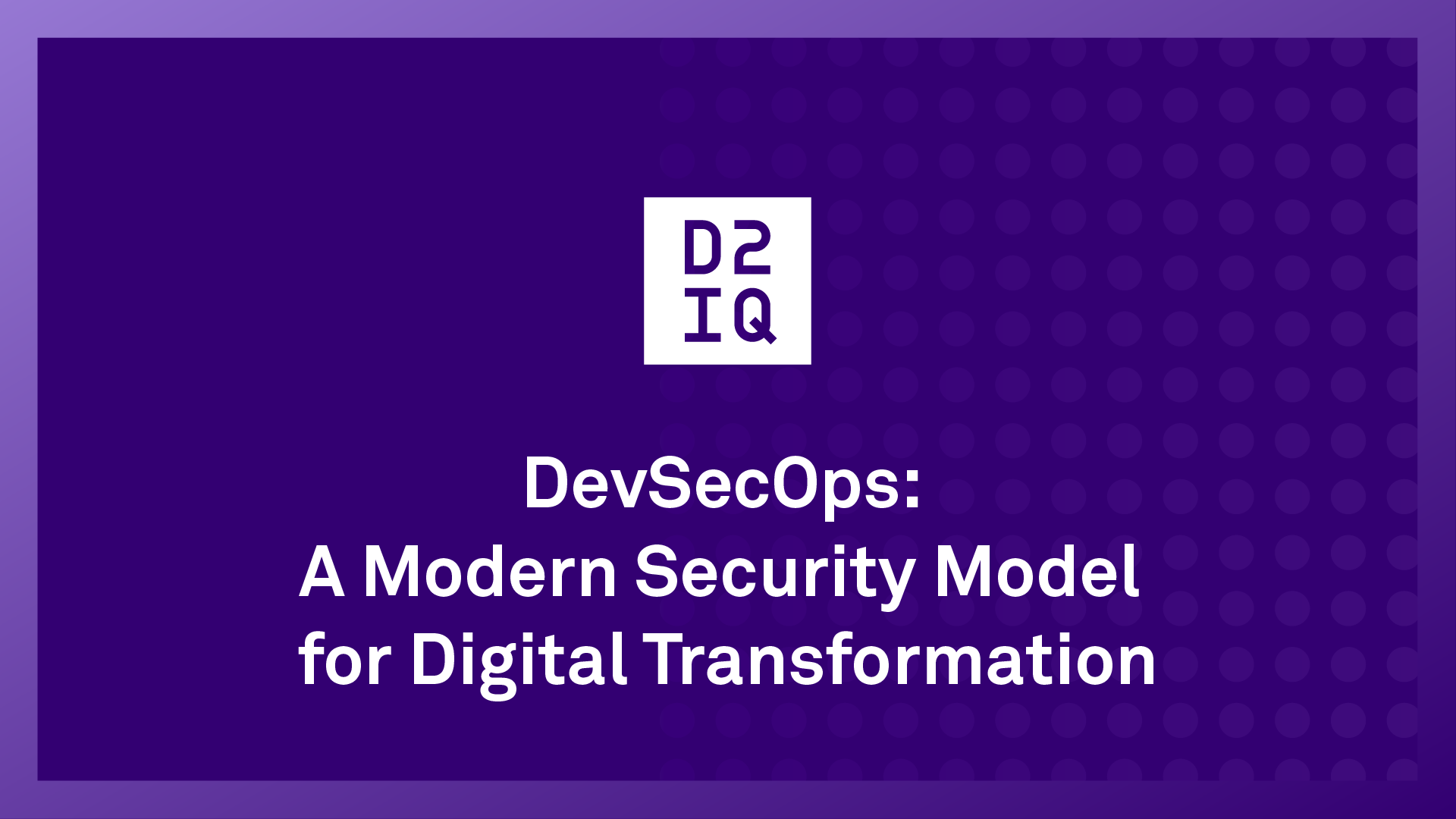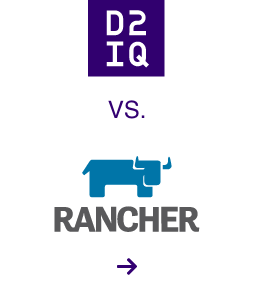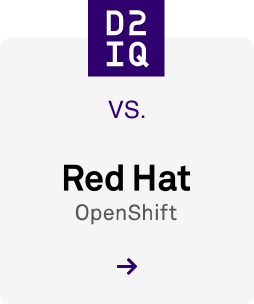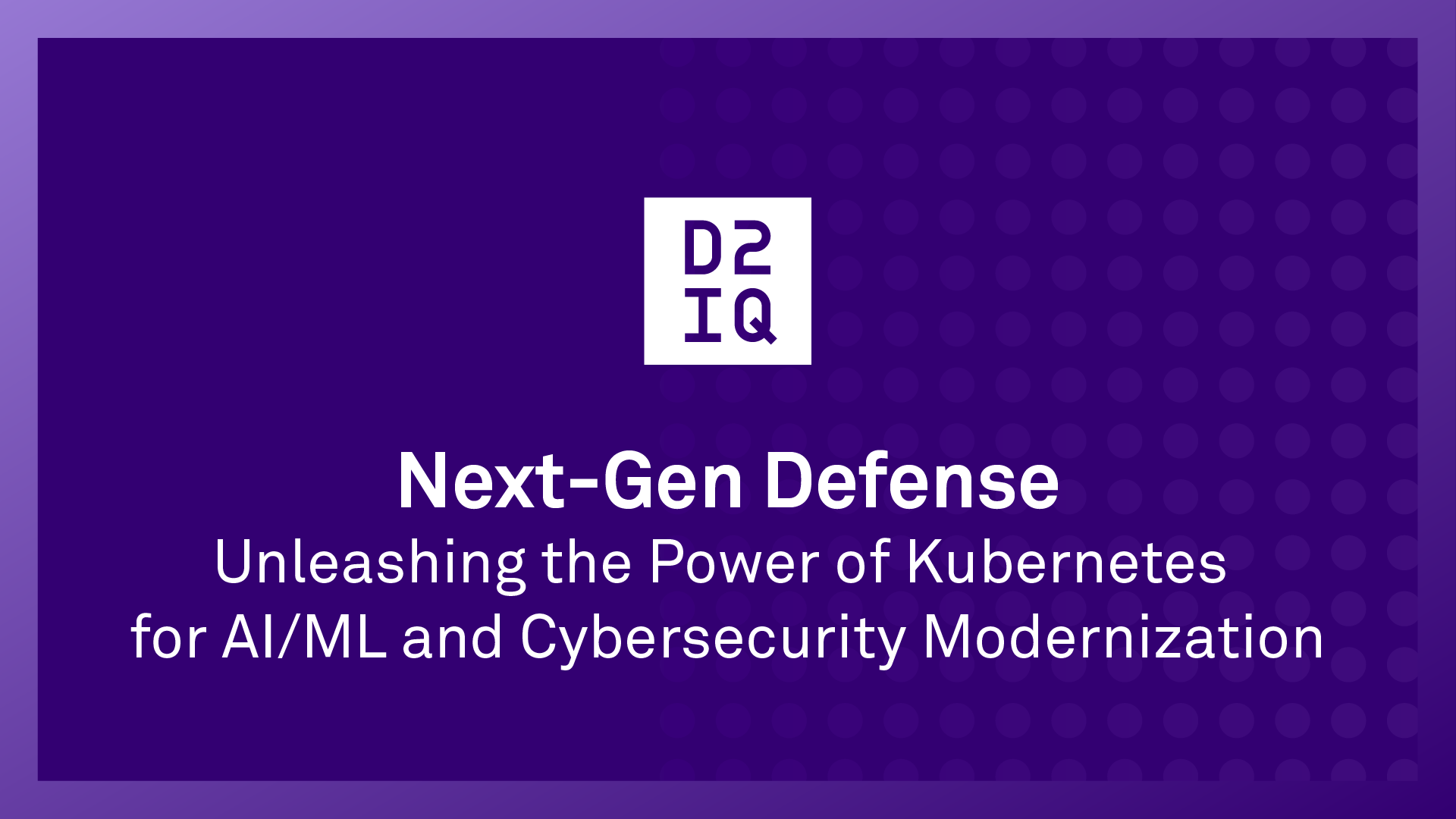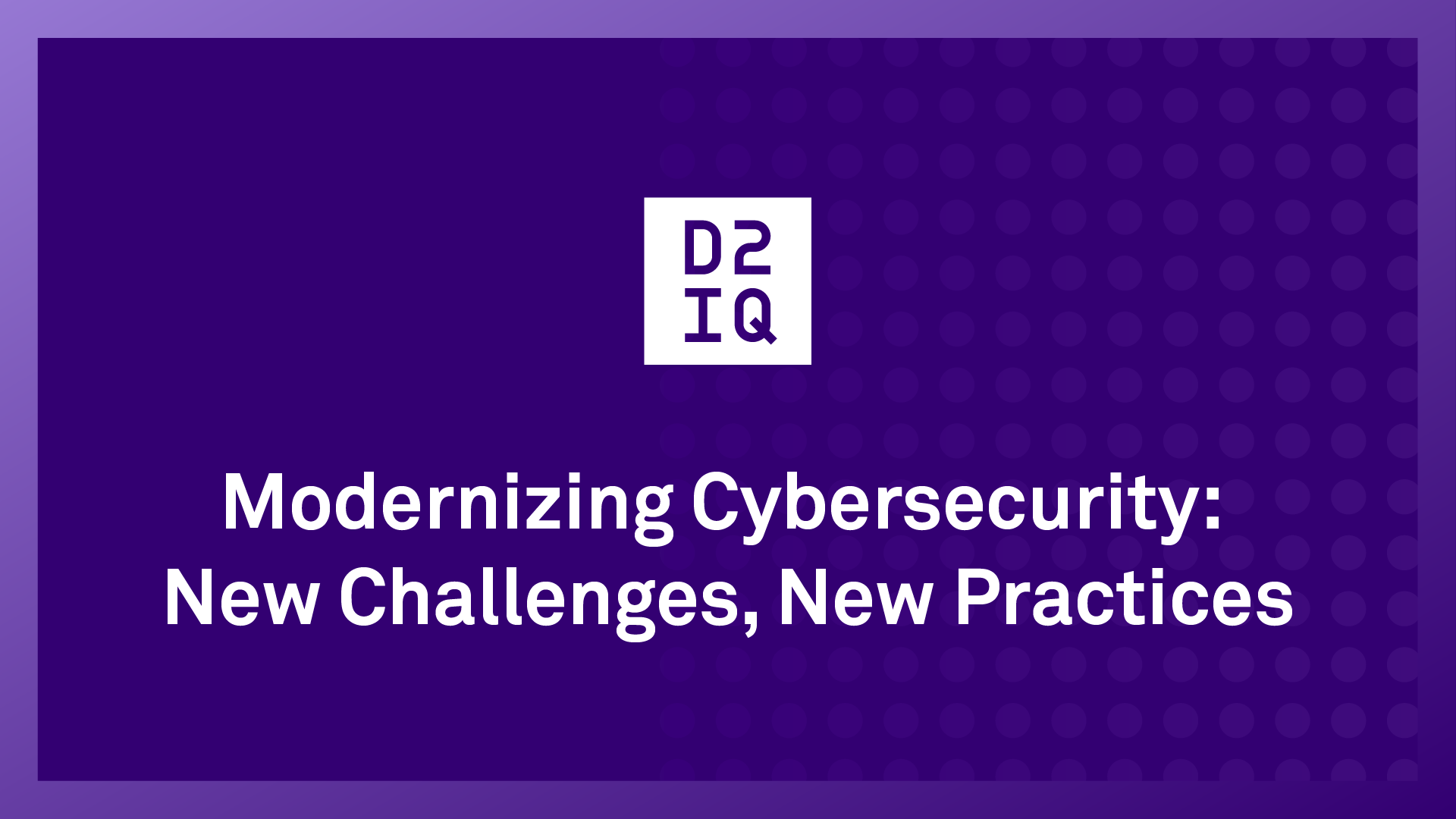Developers and security experts are now tasked with bolstering, extending, and adjusting cloud and Kubernetes security to protect against cyberattacks that are ever more complex, volatile, and frequent. To foil attacks and create a secure foundation for applications and infrastructure from the beginning, DevSecOps (Development, Security, and Operations) has become the trending development and operations practice.
In the DevSecOps model, security becomes a shared responsibility. Thus, DevSecOps requires a mindset shift to enable collaboration between development, security, and operations teams. This shift, commonly referred to as “shift-left,” involves culture, processes, and tools.
With DevSecOps, whether it's testing for security vulnerabilities or building security services that can be used directly for business purposes, the goal for all participants is to build security into applications from the start and throughout the continuous integration and continuous delivery (CI/CD) workflow of DevOps.
DevSecOps to the Rescue
In the past, security considerations and practices were often introduced at the end of the development cycle by a separate security team and tested by a separate (QA) team. This was manageable when software updates were released every few months or even years. But in today's landscape, consumer habits and expectations are shaped by smartphones and digital commerce, which has fueled the demand for software services that are real-time and available 24/7. This requires modern enterprises to find ways to improve the efficiency of application developments, releases, and updates.
Because of these factors, enterprises realize that security can no longer be a small part of an afterthought in the production environment. The purpose of DevSecOps is to ensure that through collaboration, security can be carried through to every point in the development cycle. This enables teams and enterprises to deliver secure, high-quality applications in a more efficient manner without extensive security checks and fixes occurring during post-production.
To meet these more extreme demands, cloud computing, containers, and microservices have made it possible to accelerate the development and delivery of software releases. Developers adopting agile and DevOps practices can reduce software development cycles to days and weeks, thus meeting the diverse needs of enterprises and users.
This fast-paced development and upgrade frequency has created new security concerns and the need for companies to be more agile in responding to security issues. DevSecOps has been introduced into the DevOps framework to meet these needs by make security a shared responsibility. Today, continuous testing and integration, including security scanning of pipelines, is becoming the norm.
DevSecOps Business Benefits
In principle, DevSecOps shares the DevOps ideal of multiple teams working together to improve team efficiency and achieve secure, continuous software delivery.
In addition to the security benefits DevSecOps provides, there are significant business advantages to be gained, including:
- Efficiency–Under the DevSecOps practice, security is integrated into all periods of development to help all teams be more agile in responding to security risks, eliminating the need for teams to spend a lot of time tweaking and fixing during the production cycle.
- Cost reduction–By discovering security vulnerabilities before they enter production, organizations and teams can significantly reduce the time and labor costs of fixing them.
- Ensure compliance–DevSecOps can ensure compliance with industry-standard regulations, such as the General Data Protection Regulation (GDPR). DevSecOps gives teams a holistic overview of these measures that makes compliance easier.
- Establishes collaborative culture–Integrating security practices into DevOps enhances the value of DevOps and improves the overall security posture as a culture of shared responsibility. When everyone is involved in the process, it increases their awareness of security fundamentals and best practices and provides a sense of ownership in the results.
Meeting New DevOps Challenges
Kubernetes offers many advantages but also poses unique security challenges that can be difficult to address for organizations lacking in Kubernetes talent and experience. This is why organizations will increasingly see the need to reevaluate their security practices and prioritize a more
advanced security-focused culture.
Because DevSecOps requires security to be addressed throughout all development stages, it requires developers to have security expertise while coding and operating. We are currently seeing a growing skills gap in the DevOps industry, and developers are feeling
burned out. Security training is a way for teams adopting DevSecOps to acquire additional knowledge.
Deploying Kubernetes platforms with security built in by default also will be recognized as a means to reduce the burden of security on IT teams. This will reduce the pressure and burnout on all sides.
Platform Engineering Provides Additional Help
With the rapid development of Kubernetes and cloud-native applications, organizations are realizing the inadequacies of their IT teams to leverage DevOps practices. Just as
platform engineering eases the burden of DevOps by providing an Internal Development Platform (IDP) that serves as a “golden path” for developers, an IDP can simplify the practice of DevSecOps.
We’ve seen that a DevOps workload is difficult to practice in small and medium-sized enterprises, as well as in large enterprises that lack sufficient talent. The gradually accumulated cognitive load ultimately leads to a less agile and efficient collaboration between teams. Given these issues, more organizations will adopt platform engineering as a better alternative.
